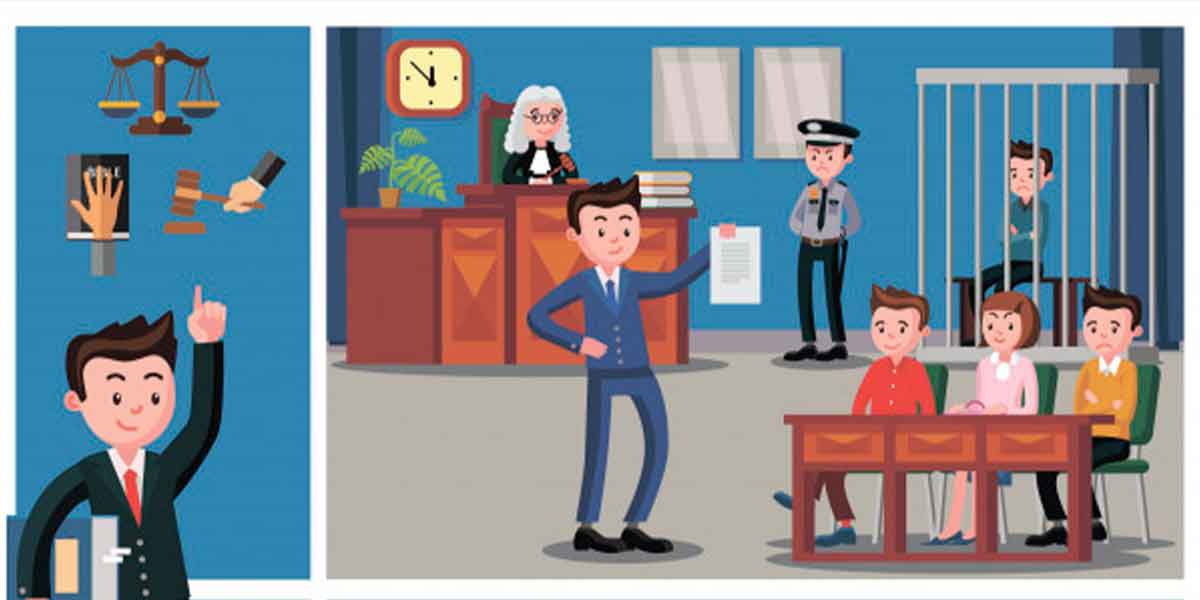Dealing with the financial and legal aspects after the loss of a loved one can be overwhelming. Unfortunately, this is often the reality for those left behind who must navigate the probate process.
Understanding the probate process is crucial for family members to avoid any surprises. Questions arise about who will handle the deceased’s will, how to bypass the lengthy probate process, and what happens if there is no will at all. Avoiding probate can lead to significant cost savings, expedited asset distribution, and increased privacy for the family.
Exploring Probate and the Benefits of Avoiding It
Probate is the legal process of managing a deceased individual’s estate, including validating the will, executing the deceased’s instructions, and settling taxes. Having a will simplifies the process by outlining asset distribution and appointing an executor to carry out the wishes.
Avoiding probate offers several advantages, such as faster access to funds for beneficiaries, reduced fees, and maintaining confidentiality regarding estate distribution.
Benefits of Probate and Why It Matters
Probate ensures the deceased’s wishes are honored and clarifies asset distribution, especially in cases involving specific beneficiaries like charities or educational institutions. Additionally, having a will can limit creditors’ ability to claim debts against the estate.
Deciding whether to undergo probate or avoid it depends on individual circumstances. Planning ahead and creating a will can streamline the process, reduce stress, and prevent conflicts among heirs.
Strategies for Avoiding Probate
Avoiding probate can be achieved through various methods, such as understanding state exemption levels and utilizing expedited procedures for small estates. Another approach is to gift assets during one’s lifetime to reduce the estate subject to probate and minimize tax implications.
Establishing a living trust is another effective way to bypass probate, as trust assets are not considered part of the estate. Consulting with a knowledgeable attorney specializing in estate planning is recommended when considering these strategies.




